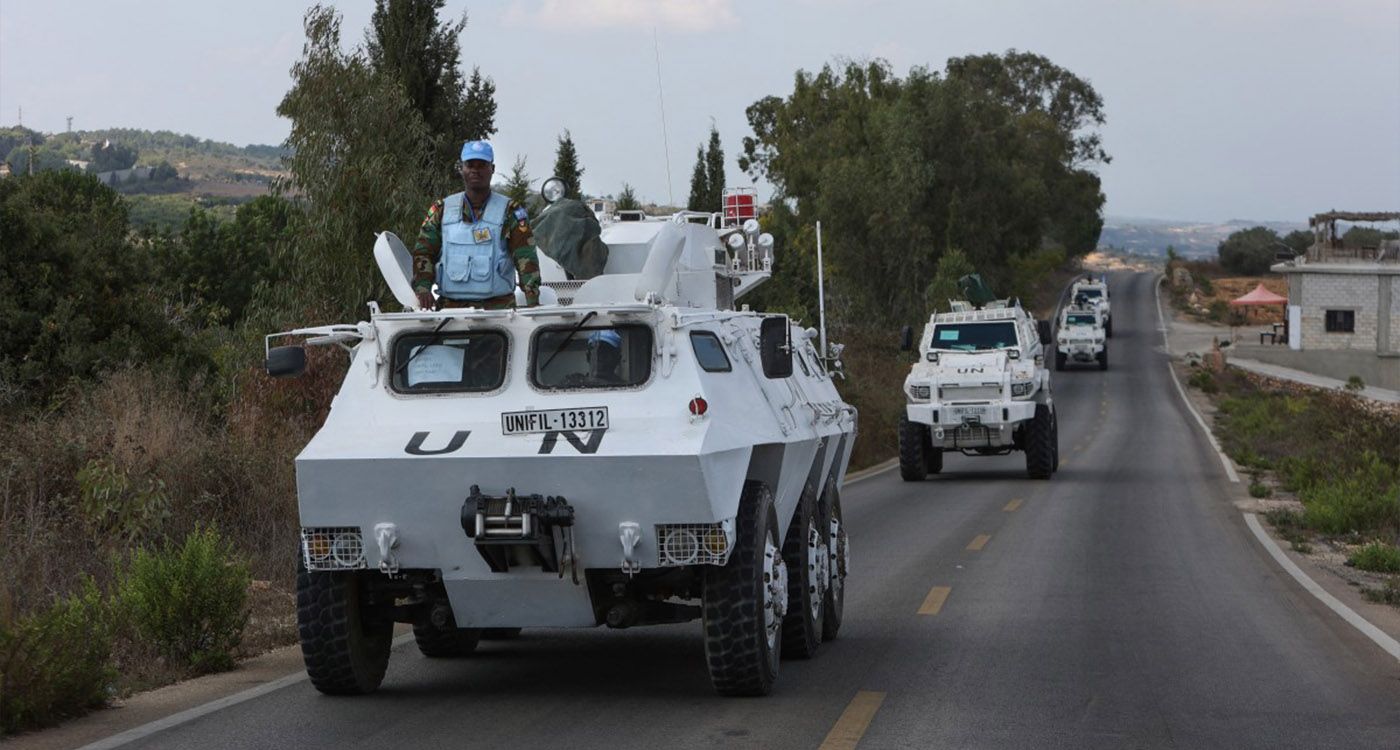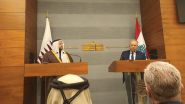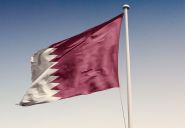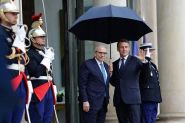
Deliberations are ongoing among the permanent members of the UN Security Council regarding the renewal of the UN Interim Force in Lebanon (UNIFIL) mandate for another year. However, the debates remain centered between the United States and Israel on one hand, and France on the other.
According to French diplomatic sources, “the renewal of UNIFIL is ultimately expected, and efforts are currently underway to draft a resolution that avoids any veto.” For the second consecutive year, the mission’s renewal has prompted debate and scrutiny, but as in previous years, a one-year extension, the standard practice, appears likely, with no change to UNIFIL’s mandate.
However, Washington insists that the decision should explicitly tie UNIFIL’s continued presence in southern Lebanon to a serious assessment of its effectiveness in implementing Resolution 1701. The US highlights that substantial financial resources have been allocated to the mission since its creation in 1978, with troop numbers significantly increased after the 2006 war, in line with Resolution 1701. The recent conflict, they argue, exposed UNIFIL’s limited role in enforcing the resolution, pointing to Hezbollah military positions established near UNIFIL bases and along the Blue Line.
Looking ahead, UNIFIL’s troop strength is expected to decrease following the renewal, largely due to the US decision to reduce its contribution to the UN budget. Discussions over this downsizing include several options: withdrawing contingents from countries that provide only a small number of troops, or from those suspected of turning a blind eye to Hezbollah’s activities. Larger contributors – mainly Italy with 1,200 troops, Spain with 900 and France with 700 – are expected to remain. Proposals to reduce these European contingents were dismissed, given their potential strategic role in the next phase: monitoring a ceasefire and possibly redeploying into areas still occupied by Israel, should Israel agree to a withdrawal. In such a scenario, the deployment of European forces would form part of the security guarantees demanded by the Israeli side.




Comments